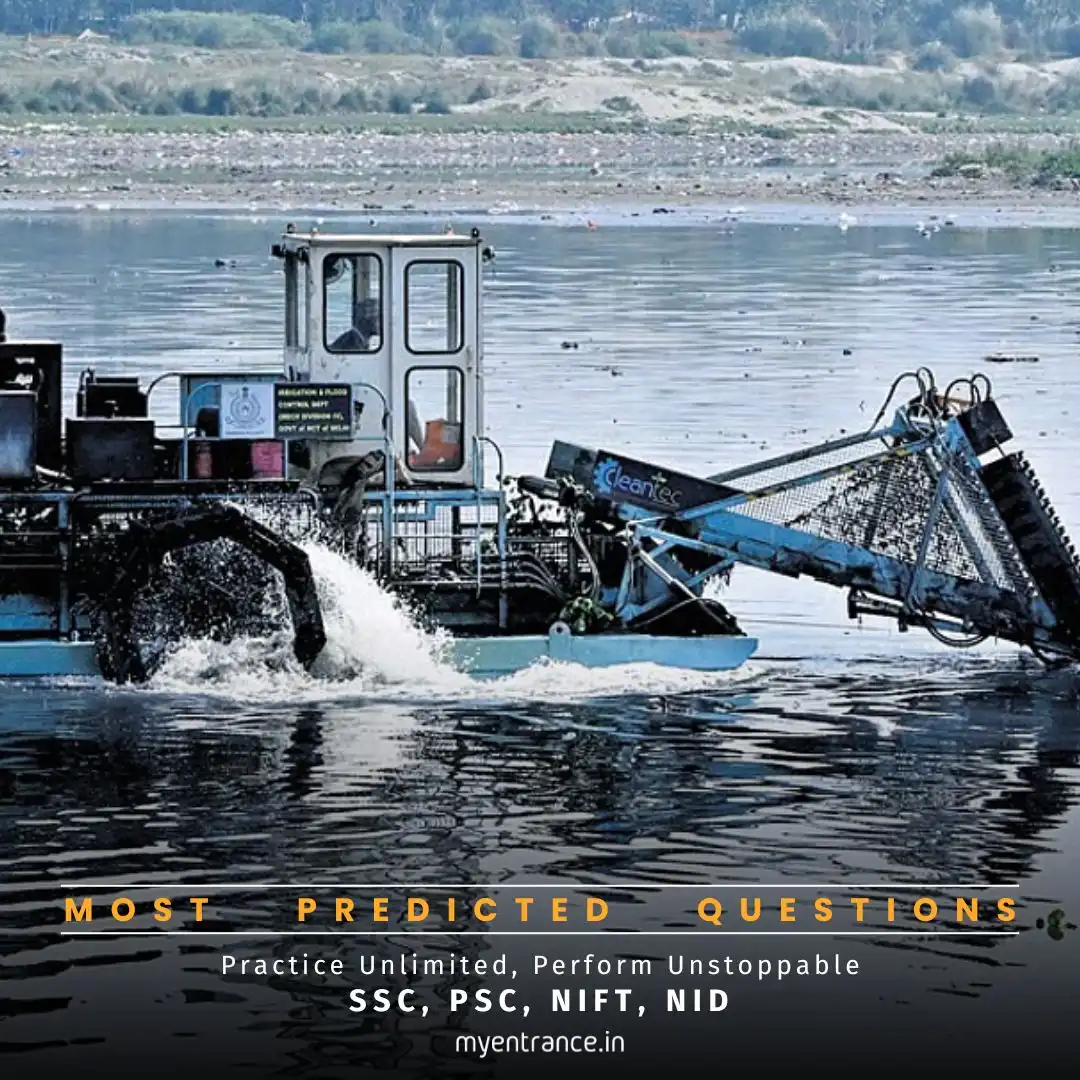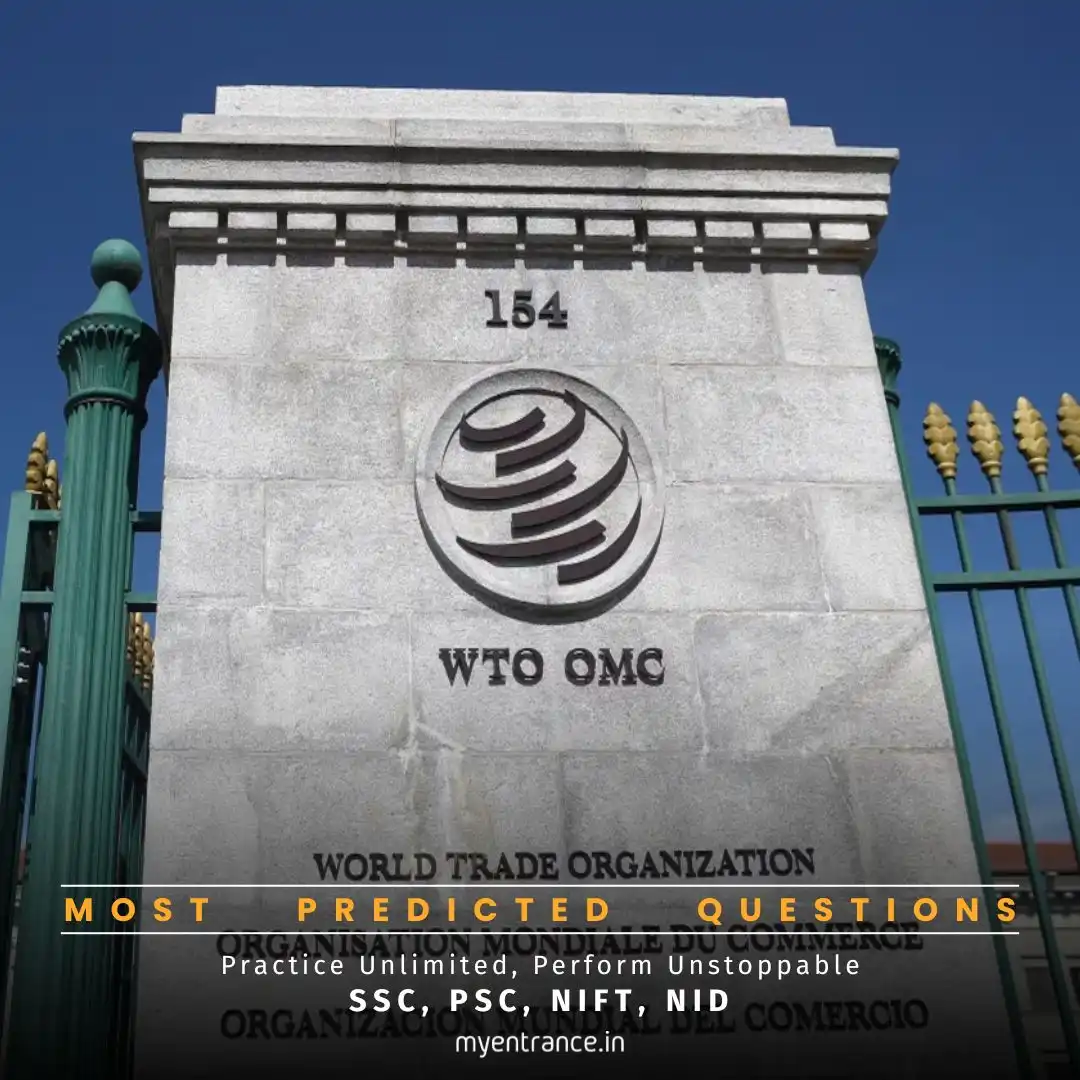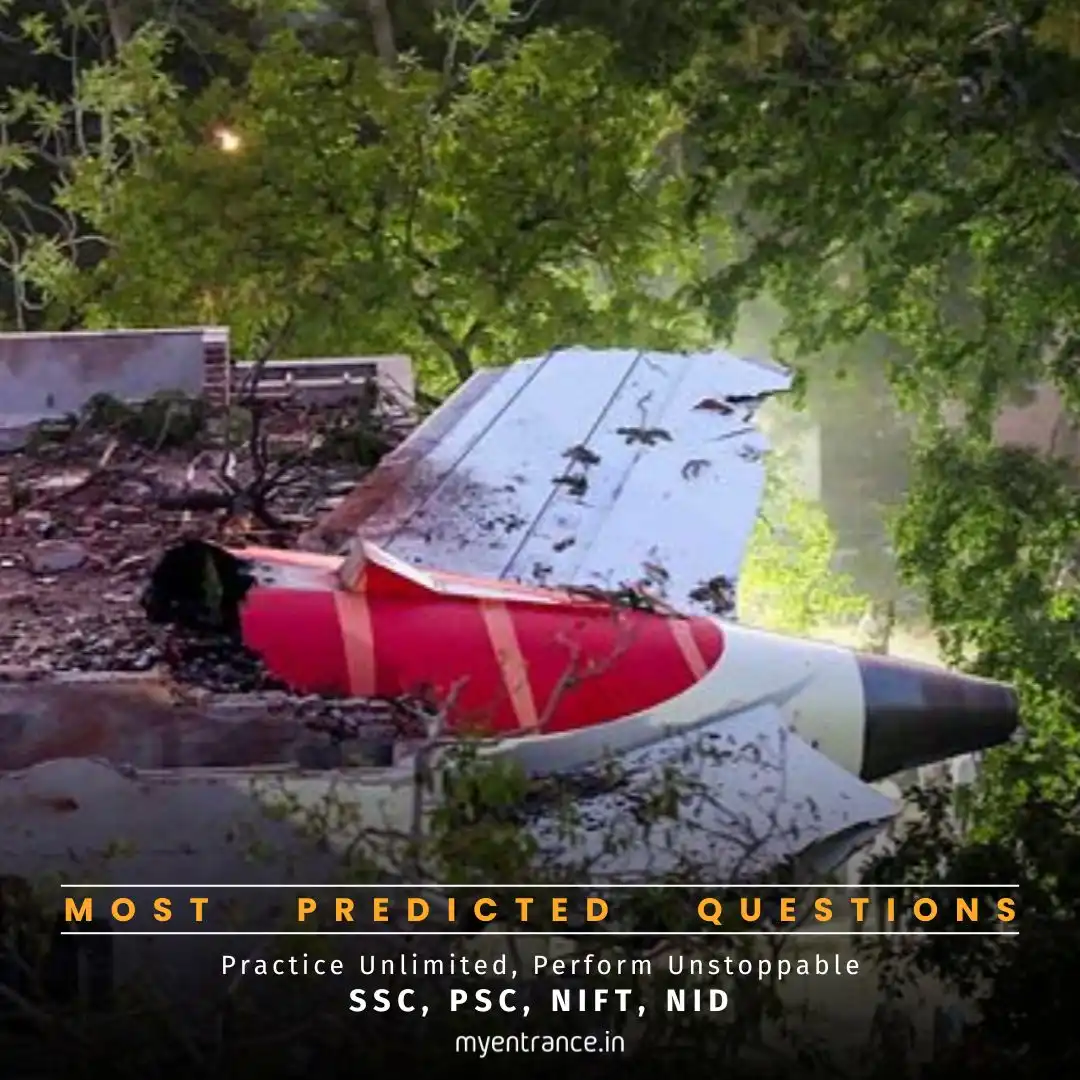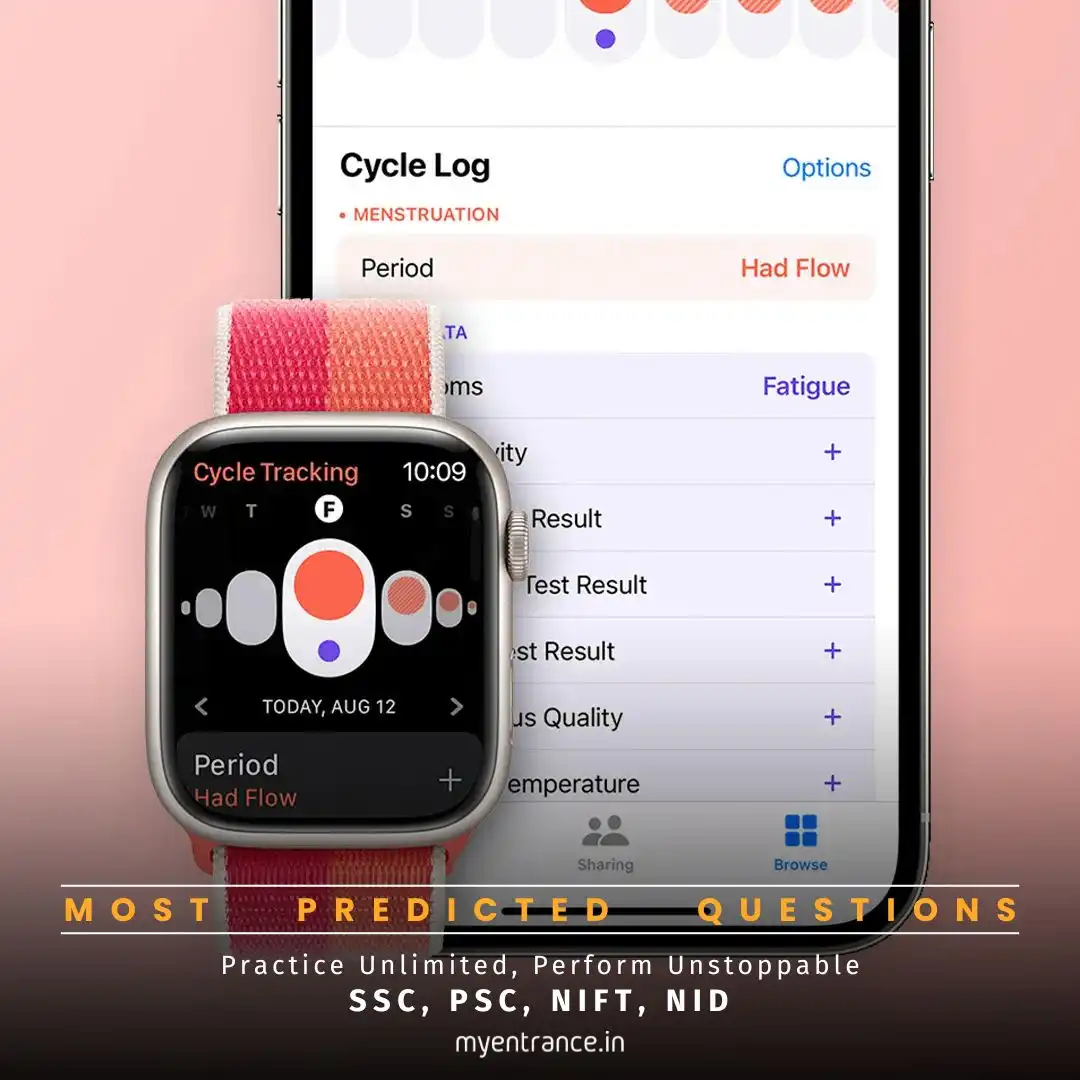Select Language
Can a Bicycle Really Clean the Air? IIT-Bombay’s Carbon-Negative Innovation!
Air pollution is a growing concern, especially in cities like Mumbai. But what if your daily commute could help reduce carbon emissions? A team of IIT-Bombay students has engineered a groundbreaking carbon-negative bicycle that filters CO2 from the air while riding. This innovation not only tackles pollution but also sets an example for sustainable technology—an essential topic for competitive exams like SSC, PSC, and engineering entrances.
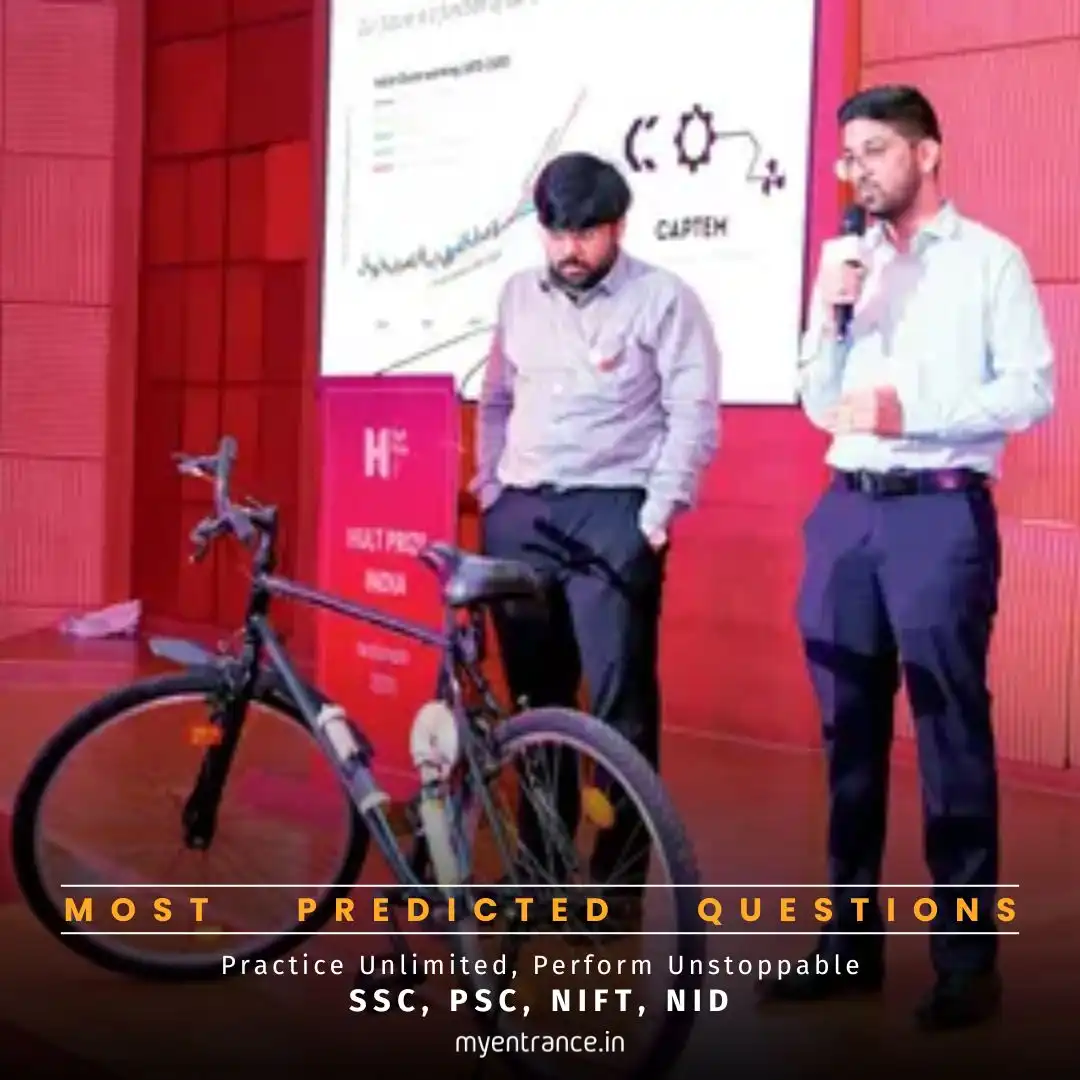
IIT-Bombay’s Carbon-Negative Bicycle: A Revolutionary Eco-Innovation
In a world battling climate change, four IIT-Bombay students—Aryan Gupta, Aryan Shah, Mohit Jajoriya, and Vaibhav Garg—have developed a bicycle that does more than just transport people. Their invention captures carbon dioxide (CO₂) from the air, making it a carbon-negative vehicle.
How Does It Work?
The bike uses a Direct Air Capture (DAC) system with solid reactants that absorb CO₂ as you pedal.
Unlike industrial CO₂ scrubbers, this device is lightweight and fits into a bicycle’s frame.
The reactants need replacement every 2-3 weeks, but the device lasts up to five years.
The team aims to make it commercially viable for daily commuters, gym equipment, and corporate campuses.
Why Is This Innovation Special?
Most carbon-capture technologies are large-scale and expensive. This bicycle, however, allows individuals to actively reduce emissions—something previously unheard of.
As Aryan Gupta (MS Chemistry, IIT-B) explains:
“Existing solutions were too industrial. We wanted a tool that lets people contribute directly to fighting climate change.”
Real-World Impact & Future Plans
The bike was showcased at Bandra-Kurla Complex, sparking public discussions on climate action.
It’s shortlisted for the Hult Awards 2025, a global competition for social innovations.
IIT-Bombay and corporate parks are considering campus trials for wider adoption.
Dr. Vikram Vishal (Professor, IIT-B) praised the project:
“This is a brilliant step toward individual-level decarbonization. It can even be adapted for gym treadmills!”
However, industry experts suggest further refinements:
“Real-time CO₂ filtration tracking would boost domestic use,” says a chemistry professional.
Sample Questions & Answers (For Competitive Exams)
Q: What is unique about IIT-Bombay’s carbon-negative bicycle?
A: It captures CO₂ from the air using a Direct Air Capture (DAC) system while cycling.
Q: How often do the reactants in the bicycle need replacement?
A: Every 2-3 weeks, but the device itself lasts up to five years.
Q: Why is this innovation significant for climate change?
A: It allows individuals to actively reduce carbon emissions, unlike large industrial solutions.
Q: Where was this bicycle showcased recently?
A: At an exhibition in Bandra-Kurla Complex, Mumbai.
Q: What recognition has this project received?
A: It’s shortlisted for the Hult Awards 2025, an international social innovation competition.
Why Is This Important for Exams?
Environmental Awareness: Questions on sustainable tech are common in SSC, PSC, and UPSC exams.
Innovation & Startups: Competitive exams like NID, NIFT, and engineering entrances often feature case studies on student innovations.
Current Affairs: This aligns with global discussions on climate change, carbon capture, and green mobility—key topics for GD/PI rounds.
By understanding such breakthroughs, aspirants gain an edge in general knowledge, essay writing, and technical interviews.
Get 3 Months Free Access for SSC, PSC, NIFT & NID
Boost your exam prep!
Use offer code WELCOME28 to get 3 months free subscription. Start preparing today!







